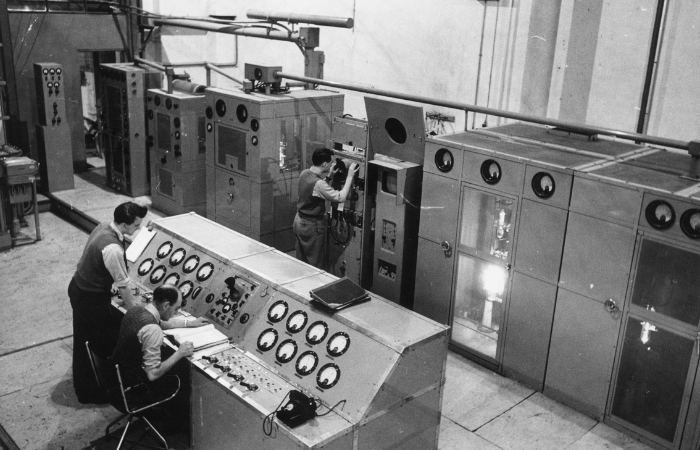
The BBC Today
The public perception of the BBC has divided the nation over the years. From fierce debates about defunding the Beeb, through to staff cuts – it’s not been an easy ride for the nation’s oldest broadcaster. 2023 is here, and with rival broadcasters gearing up for another eventful year, there’s no time better than now to look at the state of the BBC.
Just recently, we saw the BBC lose some marquee names to its competitors. Arguably the biggest name of them all, Ken Bruce announced he’ll be stepping away from Radio 2 after 45 years of soothing the nation with his dulcet tone to join Greatest Hits Radio. The outcry alone from his colleagues tells you the impact the veteran has had over the years. Other recent losses include Simon Mayo who also found a new home at GHR, Vanessa Feltz defected to talkTV, as well as Paul O’Grady and Steve Wright. Which bodes the question – how loyal do we think people are to an ageing group of DJ’s? We all know how intimate a relationship between a listener and a presenter can be, but the bigger question is whether the BBC struggle can stay relevant over the next few years.
One of the BBC’s main priorities this year is TikTok. Once a neglected platform, it proved to very useful when combatting misinformation following the war between Russia and Ukraine. The broadcaster has created a dedicated account on the platform, which features a mix of comedic sketches, educational content, and behind-the-scenes of the making of some of its most popular shows. The move has been seen as an effort by the BBC to engage with a new generation of audiences and to stay relevant in a rapidly changing media landscape. The response to the BBC’s TikTok presence has been largely positive, with a growing number of followers and engagement on its videos. By leveraging the popularity of TikTok, the BBC is demonstrating its commitment to adapting to new technologies and platforms, and to finding new and innovative ways to connect with its audiences.
Sadly, the local BBC has recently been faced with significant job cuts as part of a wider cost-saving measure implemented by the organisation. These cuts have resulted in the loss of a number of key roles within the local BBC, including journalists, producers, and technical staff. The impact of these cuts will be felt across the local communities served by the BBC, with concerns about the reduced ability to provide the same level of coverage and support for local events and issues. Local programming will be on air from 6am till 2pm weekdays, although there will be 20 different regional shows instead of 18 from 2pm till 6pm at the weekend. The plan is to increase the number of weekend daytime shows from 12pm to 6pm between 10am and 2pm on Saturday and Sunday mornings.
The latest RAJAR figures show that commercial radio continues to attract more listeners than the BBC, reaching 38.1 million people compared to 33 million listeners tuning into BBC Radio each week. We’ve established some of the changes so far and how the BBC aims to respond and connect with audiences going forward. However, through its national & regional stations and digital platforms, the BBC continues to reach millions of people each week, and its continued popularity suggests it will remain an important and trusted source of news and information for years to come. It’ll be interesting to see over the next few years if they’ll be a shift as new technologies and platforms continue to be introduced.
Comments are closed.